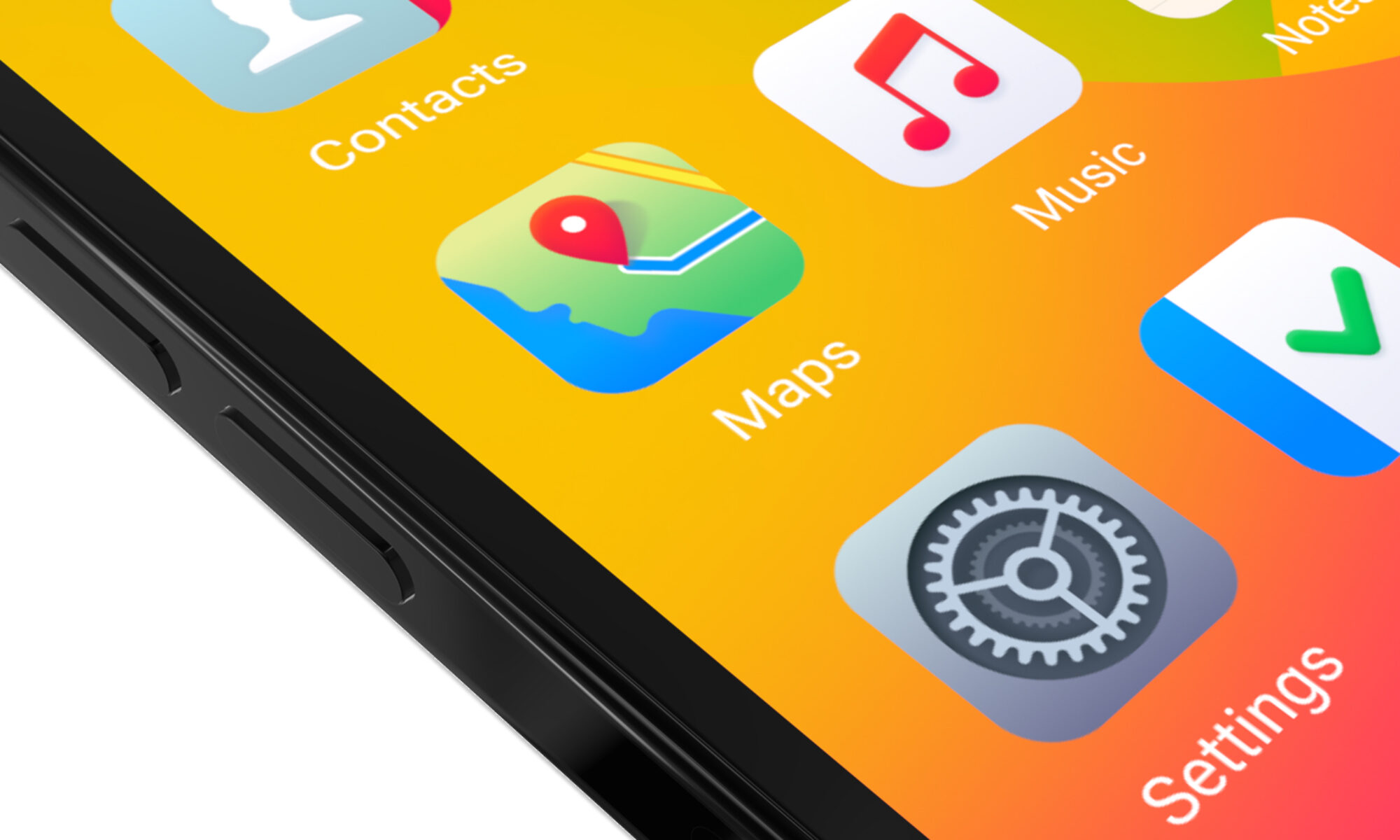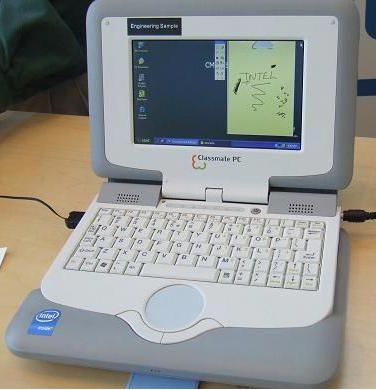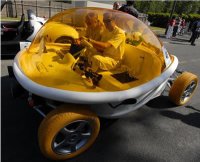 It’s quite unusual to talk about Wines on a blog which is mostly dedicated to the computer/software/IT world, but I wanted to share some of my best and most recent experiences with wines. Especially French wines indeed. I won’t talk here about Bordeaux, Grands Crus and Grands Crus Classés. You know them, we like them, and they are expensive. But besides the worldide Wine “revolution” that is making some nice (but too much formatted) wines all other the world (California, South Africa, Chile, Australia), France is entering a new area about wines, that you may not be yet aware of. In particular, several (small) wine producers – “vignerons” – often young and newly installed on a domain, have started for 10 years to focus on quality in regions that were not well considered until now. They are using a real terroir, and try to produce only quality wines from many different cepages (Sirah, Carignan, Grenache…) that make them different from the well-known Merlot, Cabernet or Sauvignon that are present in most Bordeaux wines. These quality wines that often benefit from great “terroirs”, often offer a great and complex taste experience, and most of the time quite low-cost (at least for now), which makes them *very* interesting for people who are interested in tasting wines. In particular, there are many interesting “new” wines in the Languedoc-Roussillon area, including Coteaux du Languedoc, Terrasses du Larzac, Saint-Chinian, Cabardes… But even in other “not so famous” regions, such as the Loire area, I’ve been very surprised to find some great stuff that I wouldn’t exchange for a great Bordeaux (see after: “L’enfant terrible”). I’ll try to post regularly some interesting wines I’ve found. For now, I would recommend : “Mas de la Serrane : Le Clos des Immortelles 2003” (Terrasse du Larzac), “Le Clos des Treilles : L’enfant terrible 2004” (Anjou). “Chemin des Olivettes 2002 (Roquebrun)” (Languedoc). Back to the Bordeaux area, my two preferences for a while, at an affordable price (about 12euro) have gone to “Chateau La Vieille Cure 2002″ (Fronsac) and “Chateau Musset Chevalier 2003” (Saint Emilion Grand Cru). Last is an interesting initiative “web vignerons“, which lets you participate to the whole wine process, from the grapevine to the degustation! And that’s not only a virtual activity 🙂
It’s quite unusual to talk about Wines on a blog which is mostly dedicated to the computer/software/IT world, but I wanted to share some of my best and most recent experiences with wines. Especially French wines indeed. I won’t talk here about Bordeaux, Grands Crus and Grands Crus Classés. You know them, we like them, and they are expensive. But besides the worldide Wine “revolution” that is making some nice (but too much formatted) wines all other the world (California, South Africa, Chile, Australia), France is entering a new area about wines, that you may not be yet aware of. In particular, several (small) wine producers – “vignerons” – often young and newly installed on a domain, have started for 10 years to focus on quality in regions that were not well considered until now. They are using a real terroir, and try to produce only quality wines from many different cepages (Sirah, Carignan, Grenache…) that make them different from the well-known Merlot, Cabernet or Sauvignon that are present in most Bordeaux wines. These quality wines that often benefit from great “terroirs”, often offer a great and complex taste experience, and most of the time quite low-cost (at least for now), which makes them *very* interesting for people who are interested in tasting wines. In particular, there are many interesting “new” wines in the Languedoc-Roussillon area, including Coteaux du Languedoc, Terrasses du Larzac, Saint-Chinian, Cabardes… But even in other “not so famous” regions, such as the Loire area, I’ve been very surprised to find some great stuff that I wouldn’t exchange for a great Bordeaux (see after: “L’enfant terrible”). I’ll try to post regularly some interesting wines I’ve found. For now, I would recommend : “Mas de la Serrane : Le Clos des Immortelles 2003” (Terrasse du Larzac), “Le Clos des Treilles : L’enfant terrible 2004” (Anjou). “Chemin des Olivettes 2002 (Roquebrun)” (Languedoc). Back to the Bordeaux area, my two preferences for a while, at an affordable price (about 12euro) have gone to “Chateau La Vieille Cure 2002″ (Fronsac) and “Chateau Musset Chevalier 2003” (Saint Emilion Grand Cru). Last is an interesting initiative “web vignerons“, which lets you participate to the whole wine process, from the grapevine to the degustation! And that’s not only a virtual activity 🙂






 that notably invented the miniskirt in the 60’s. But what is less known, is that Coqueline Courrèges, André Courrèges’s wife, has been building electric cars for years! She believes that electric cars are an efficient way to clean the atmosphaeric air. Coqueline’s latest car, that she’s degigned in her house’s garden near Paris is called the “Zooop EV”. It’s very impressive for two reasons: you haven’t seen such a car design so far, but in sci-fi movies or comics, and because of its performances: the Zooop weights only around 100kg, and with its Lithium Polymer batteries it can go for 450 kilometers, with a top speed of 180 km/h! Another interesting fact is the acceleration, similar to a sport-car, around 6s only for 0-100km/h. Surprinsingly, I haven’t found any official website dedicated to the Zooop, nor could I find more than 9 occurences of “Zooop EV” in… French (in English you’ll find about 10,000).
that notably invented the miniskirt in the 60’s. But what is less known, is that Coqueline Courrèges, André Courrèges’s wife, has been building electric cars for years! She believes that electric cars are an efficient way to clean the atmosphaeric air. Coqueline’s latest car, that she’s degigned in her house’s garden near Paris is called the “Zooop EV”. It’s very impressive for two reasons: you haven’t seen such a car design so far, but in sci-fi movies or comics, and because of its performances: the Zooop weights only around 100kg, and with its Lithium Polymer batteries it can go for 450 kilometers, with a top speed of 180 km/h! Another interesting fact is the acceleration, similar to a sport-car, around 6s only for 0-100km/h. Surprinsingly, I haven’t found any official website dedicated to the Zooop, nor could I find more than 9 occurences of “Zooop EV” in… French (in English you’ll find about 10,000).